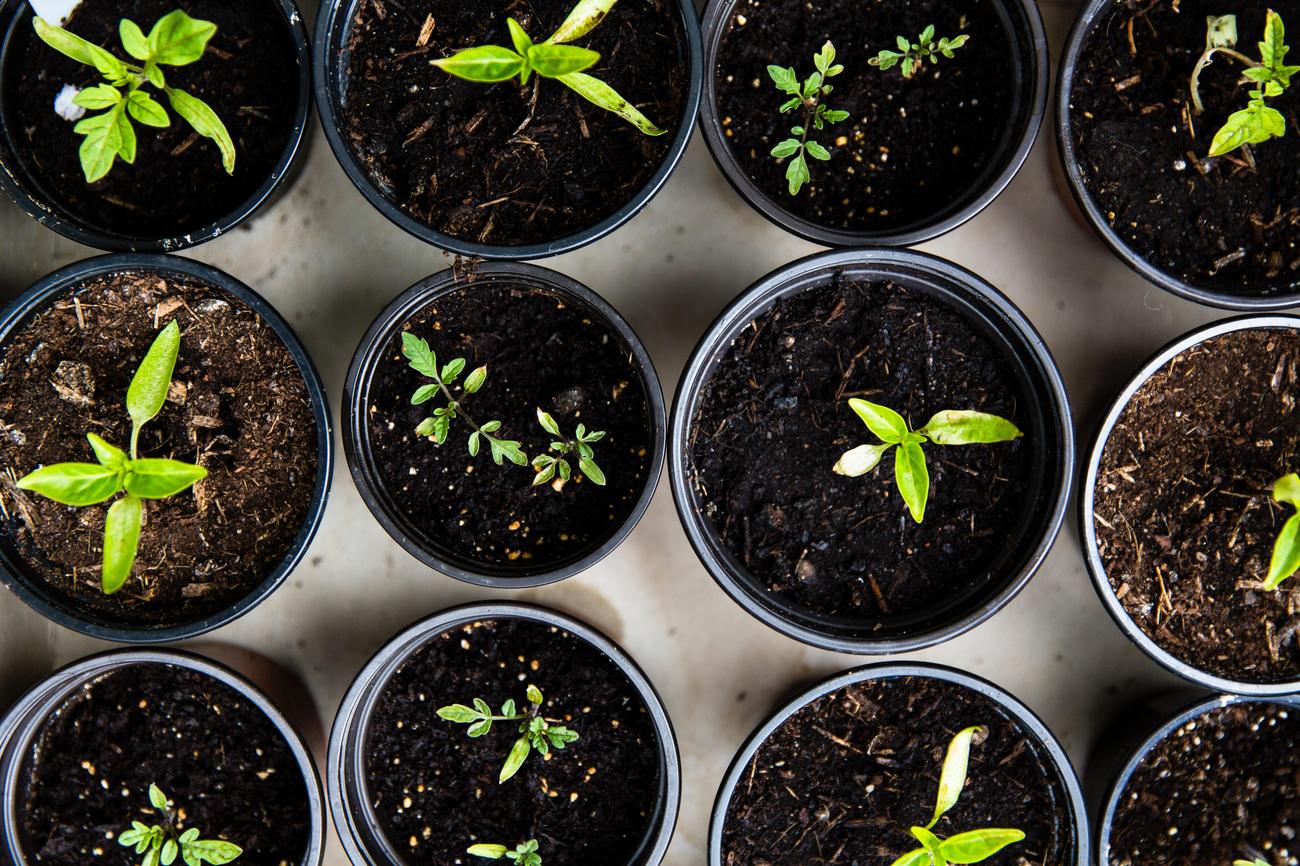Prepare to be amazed as we unveil the hidden power of composting and delve into its multitude of benefits and fascinating facts. Whether you’re a passionate gardener, an advocate for sustainability, or simply intrigued by the wonders of nature, this article is your ultimate guide. From reducing landfill waste to enriching soil health and even combating climate change, composting is a game-changer for our planet. Join us on this enlightening journey as we unravel the secrets behind aerobic and vermicomposting methods, debunk myths, and shed light on the remarkable advantages of composting. Brace yourself for a mind-blowing exploration of the transformative potential that lies within this humble practice.

Composting Benefits and Facts
Composting, the process of recycling food and organic waste into compost, holds immense power in transforming our environment for the better. By enriching soil health, reducing greenhouse gas emissions, and recycling nutrients, composting offers a range of benefits that contribute to a more sustainable and resilient planet. In this article, we will uncover the hidden potential of composting and explore the facts behind its numerous advantages.
Improving Soil Health
One of the most remarkable benefits of composting is its ability to improve soil health. When organic waste is broken down through composting, it creates a nutrient-rich substance that enhances soil structure and fertility. With composting, we can transform depleted soils into thriving ecosystems, promoting healthy plant growth and reducing the need for chemical inputs. Compost acts as a natural soil conditioner, improving the soil’s ability to retain moisture and withstand droughts.
“Composting enriches the soil, creating a nurturing environment for plants to thrive.”
Reducing Waste and Landfill Dependency
Composting offers a compelling solution to the growing waste crisis. By diverting organic waste from landfills, composting significantly reduces the amount of waste that ends up in these overflowing sites. Composting helps close the loop by transforming waste into a valuable resource, thereby minimizing dependence on landfills and the associated environmental issues they pose. By composting, we can actively participate in reducing waste generation and conserving landfill space.
“Composting reduces waste and reliance on landfills, paving the way for a more sustainable waste management system.”
Mitigating Climate Change
Beyond waste reduction, composting plays a crucial role in mitigating climate change. When organic materials break down in landfills, they produce large amounts of methane, a potent greenhouse gas. Composting counteracts this methane generation, as the organic waste decomposes aerobically, releasing carbon dioxide instead. By embracing composting, we can significantly reduce greenhouse gas emissions and contribute to a healthier, more stable climate for future generations.
“Composting cuts methane generation from landfills, helping combat climate change and its adverse impacts.”
Recycling Nutrients and Promoting Soil Fertility
Composting is a fantastic way to recycle nutrients and close the nutrient loop within ecosystems. Through the composting process, essential nutrients, micronutrients, and metals are accumulated and made available for plants to utilize, nourishing their growth. This not only reduces reliance on synthetic fertilizers but also helps combat nutrient deficiencies in soils. Composting fosters long-term soil fertility and improves the overall health of crops and vegetation.
“Composting recycles nutrients and fosters soil fertility, contributing to sustainable agriculture and healthy ecosystems.”
Minimizing Water Pollution and Protecting Waterways
Many chemical fertilizers and pesticides used in conventional farming practices can contribute to water pollution as rainfall and irrigation carry them into nearby waterways. However, with composting, the risk of water pollution from nutrient runoff is significantly reduced. Compost acts as a natural filter, preventing harmful substances from leaching into groundwater and protecting our precious water resources. By incorporating compost into agricultural practices, we can help minimize the impact of water pollution and promote a healthier environment for all.
“Composting minimizes the risk of water pollution and safeguards our waterways, leading to cleaner and safer ecosystems.”
Attracting Beneficial Microorganisms and Promoting Biodiversity
Composting creates a welcoming environment for a range of beneficial microorganisms and organisms, such as earthworms and bacteria. These play essential roles in decomposing organic matter and enriching the soil. By incorporating compost into our gardens and farmlands, we attract these beneficial creatures that work tirelessly to improve soil structure, circulate nutrients, and enhance biodiversity.
“Composting attracts worms and beneficial microorganisms, fostering a harmonious ecosystem within the soil.”
Composting unveils a world of possibilities when it comes to managing our waste, nourishing our soil, and securing a sustainable future. By embracing the power of composting, we can reduce waste, mitigate climate change, enhance soil health, protect waterways, and promote biodiversity. The benefits and facts of composting speak for themselves, urging us to make a conscious choice towards a greener and more resilient planet.
Composting is not only a sustainable practice, but it also has numerous benefits for the environment and your garden. By turning organic waste into nutrient-rich soil, you can significantly reduce waste that ends up in landfills. Moreover, composting helps to enrich soil fertility and structure, promoting healthier and more productive plants. If you want to learn more about the benefits of composting, click here: Benefits Of Composting. Don’t miss out on the opportunity to discover how composting can positively impact both your garden and the planet!
FAQ
Q: What is composting?
A: Composting is the process of recycling food and organic waste into compost, a nutrient-rich soil amendment.
Q: How does composting improve soil health?
A: Composting enriches the soil by adding organic matter, improving soil structure, and enhancing nutrient availability for plants.
Q: Does composting reduce greenhouse gas emissions?
A: Yes, composting helps reduce greenhouse gas emissions by diverting organic waste from landfills where it would release methane, a potent greenhouse gas.
Q: What are the benefits of composting for farmers?
A: Composting promotes higher crop yields by enhancing soil fertility, conserving water, and reducing the dependence on chemical inputs.
Q: Can composting help restore ecosystems?
A: Yes, composting can assist in restoring forests, wetlands, and habitats by improving soil quality and aiding in the recovery from contamination by hazardous waste.
- Unlocking Francis Alexander Shields’ Finance Empire: A Comprehensive Biography - July 12, 2025
- Unveiling Francis Alexander Shields: A Business Legacy - July 12, 2025
- Francis Alexander Shields’ Business Career: A Comprehensive Overview - July 12, 2025















